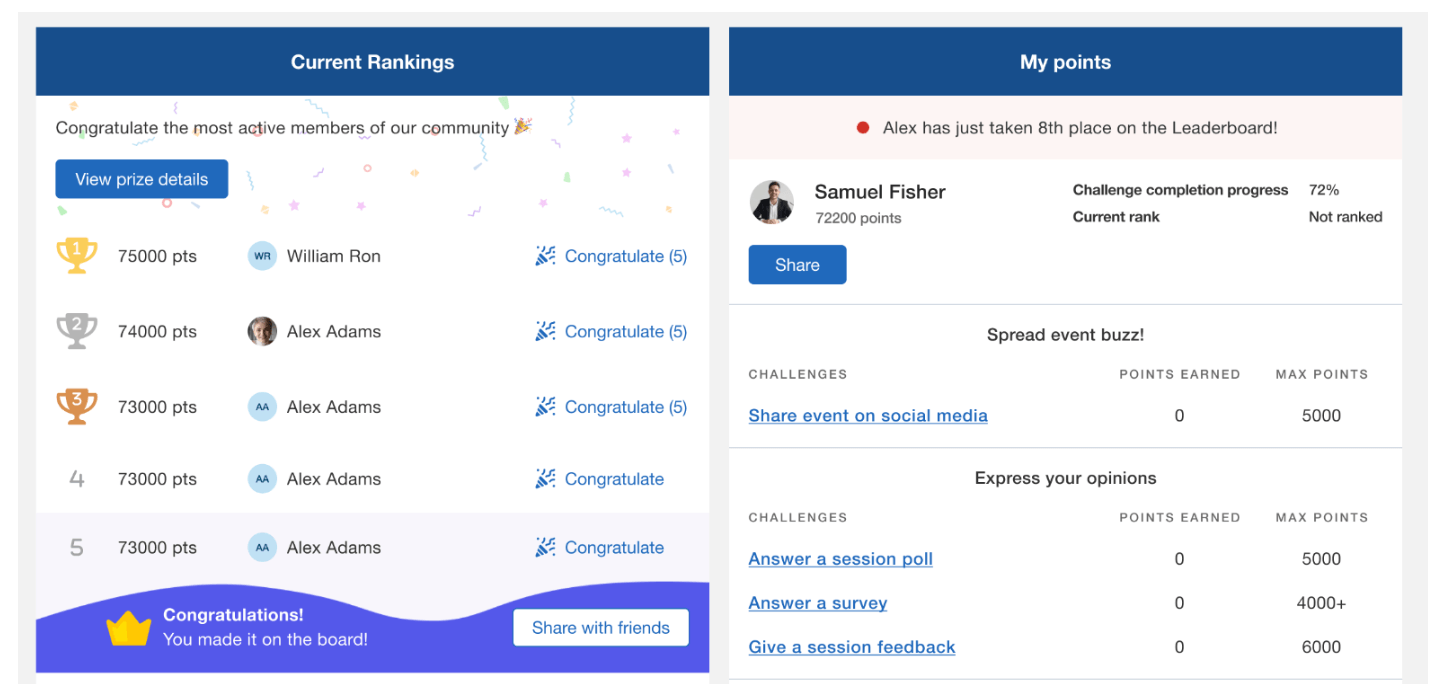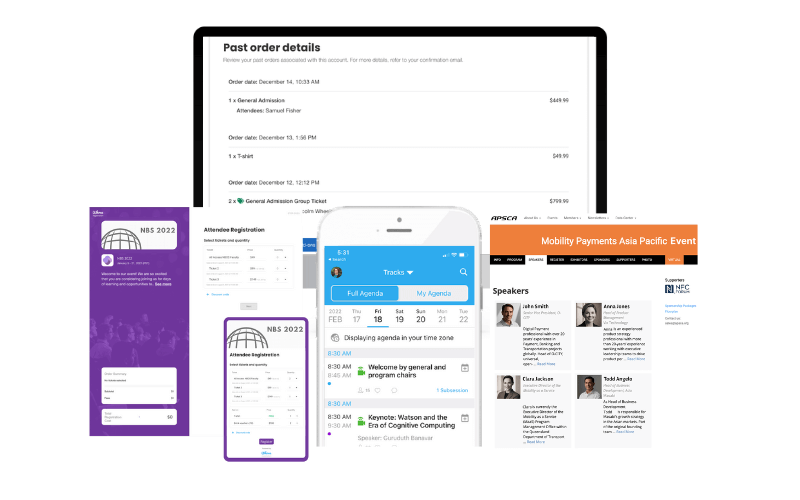Tight budgets don’t need to determine your events nor impact your attendees. With the constant change of current events, we recognize that non profit organizations always face challenges in different aspects of their work. Potentially losing funding can be an issue since it’s hard to control the budget allocation coming from multiple sources, including grants. Consequently, events hosted by those organizations could be impacted based on budget changes that ultimately could also lead to event cancellations.
These practical ideas can help not only save money but also keep your event running smoothly. Understanding the current options and solutions in the event industry can help you pick the ideal ones that fit your current situation. Here we provide a few options that you can consider to help with budgeting and facilitate event planning.
Go Virtual

Virtual events have become more common as more accessible online tools have been developed as a result of the COVID pandemic. From attendee management to video hosting, these tools can help you create a virtual event that can match the feel of an in person event. Using tools like Whova can provide a complete event experience with online hosted video sessions and virtual profiles to interact with exhibitors, sponsors and attendees.
Additionally, virtual events do not need the physical presence of attendees. So costs regarding venues, flights, transportation or physical decorations can be easily cut. Without having to worry about more complex logistics, your attention can be diverted to providing more engaging experiences to your attendees.
Host smaller events
One simple way to cut down general costs of your event is hosting smaller events as opposed to bigger events with thousands of attendees. Your event will require less resources to cater for each attendee. Costs can be brought down in several areas such as venue, catering and document printing. Also, think about hosting seminar or workshop events about specific topics that can be more personalized. You will have a smaller audience but the experience will still be valuable to attendees.
There could be a concern that small events might not be able to match the engagement scale of big events. But that is not entirely true. In bigger events, attendees may not have the time to interact with each single attendee. So even though big events could provide a wider variety of connections among attendees, smaller events can still have an equal or greater impact. Attendees will still be able to develop deeper interactions with different interest groups within the event.
Look for private sponsorships
Private sponsorships can be a reliable alternative to the grant funding your organization receives. Look for specific private organizations or companies that align with your event’s goals. Be sure to be clear about the mutual benefits that your event can provide. Create an event sponsorship proposal and start contacting them early in your event planning process. This way you will be able to measure your new budget and plan accordingly.
Leverage video on-demand
Videos on-demand can be a great way to not only provide content but also create an additional revenue source. With pre-recorded content, you could provide the same informational value to your viewers as a normal event session. Additionally, charging a reasonable amount to provide video access can provide that extra revenue stream. One example could be providing training and workshops to your viewers by which they could obtain CEU credits. Ultimately, it can help diversify your funding and use that revenue to continue pushing for your mission.
Recruit more volunteers
If you find yourself short on staff to work on your event, recruit more volunteers that can help you. Look for passionate volunteers who are willing to help on your cause and carry out your event. Sometimes active attendees or past attendees will be willing to help out as they know about the event experience and understand the organization’s mission. They could help on tasks such as check-in, engagement or general attendee management.
Utilize event management platforms

With limited resources, an event management platform can help non profit organizations have an organized and successful event. Automations can help cut down costs as well as time. By paying a single price for each event you host, you’ll get access to tools that help you not only manage sessions and attendees but also go beyond with marketing and attendee engagement. Also, most of these softwares also include an event app that can keep your attendees engaged in both virtual and in-person events. With all these tools in one place, organizers won’t need to pay and use multiple separate softwares that can result in heftier prices.
An all-in-one event management software like Whova can make your event planning less stressful as you worry less about the technical logistics and focus more on driving your event’s mission. Its accessible features will make it easy to use for any event organizer without prior experience or knowledge on event management platforms.
Keep Your Event Going Forward
Navigating the financial challenges of hosting events as a nonprofit can be difficult, but it doesn’t mean you have to give up on creating impactful experiences. By embracing virtual options, hosting smaller events, seeking private sponsorships, leveraging on-demand video, recruiting more volunteers or utilizing event management platforms, you can stretch your budget while still delivering a meaningful event. The key is to stay adaptable and open to new solutions that fit your unique needs. Don’t let financial constraints discourage you—keep exploring, innovating, and making a difference with the resources available to you. Your mission is worth it!

